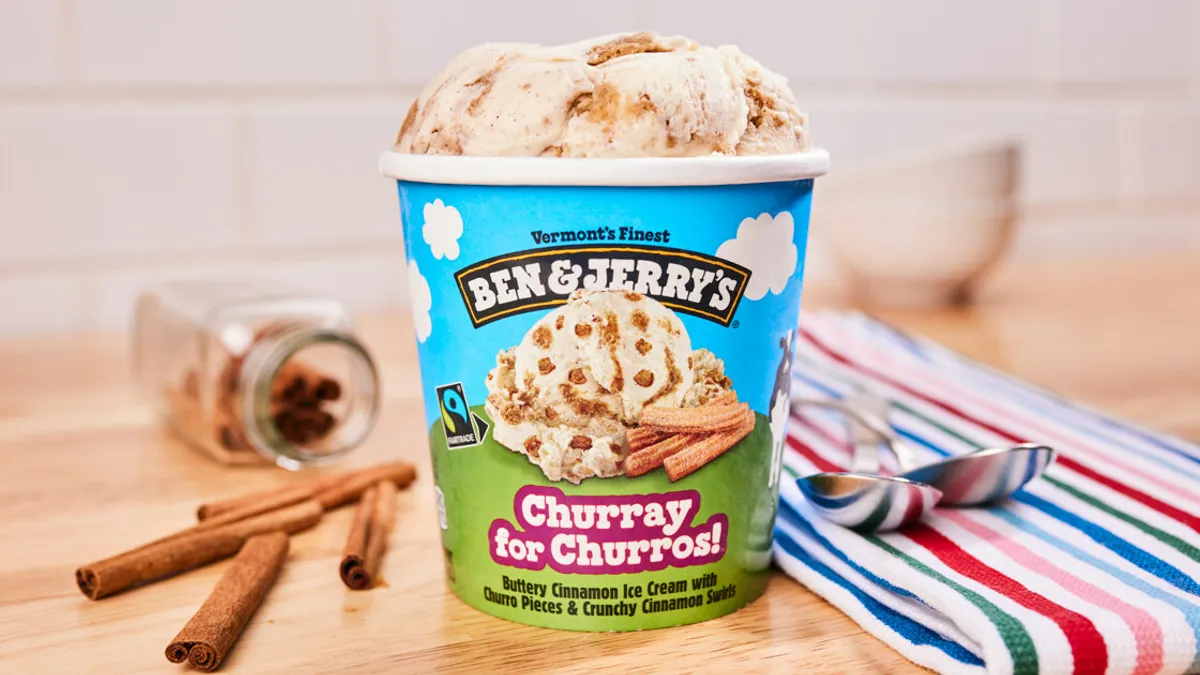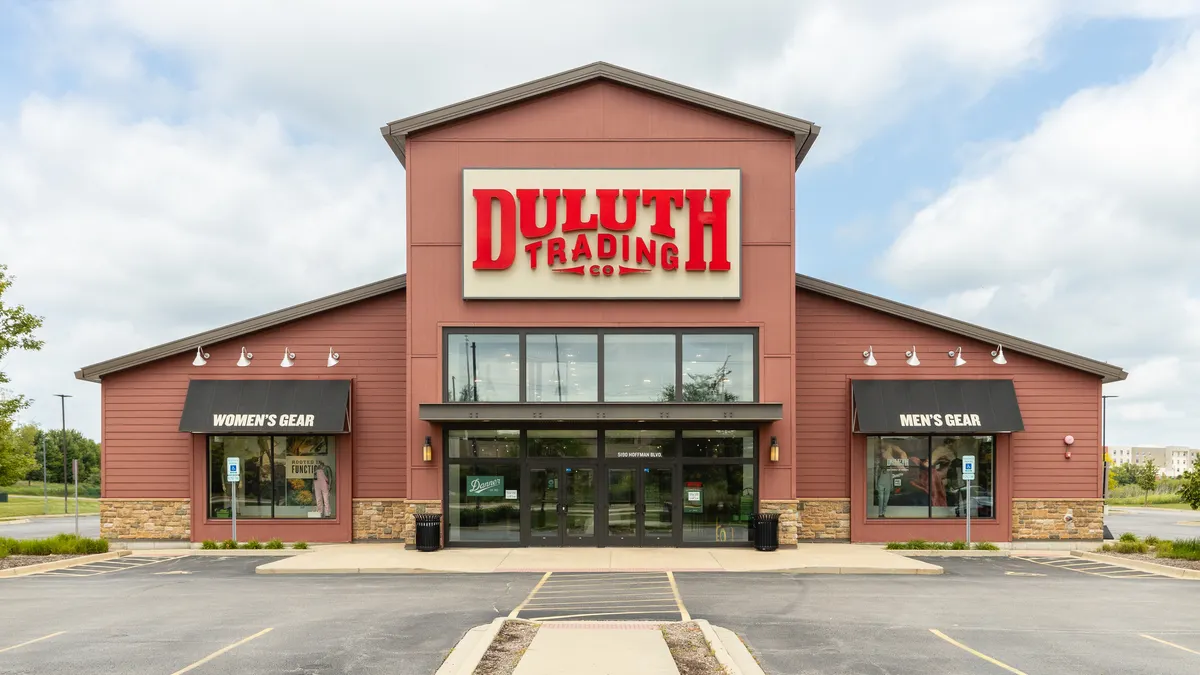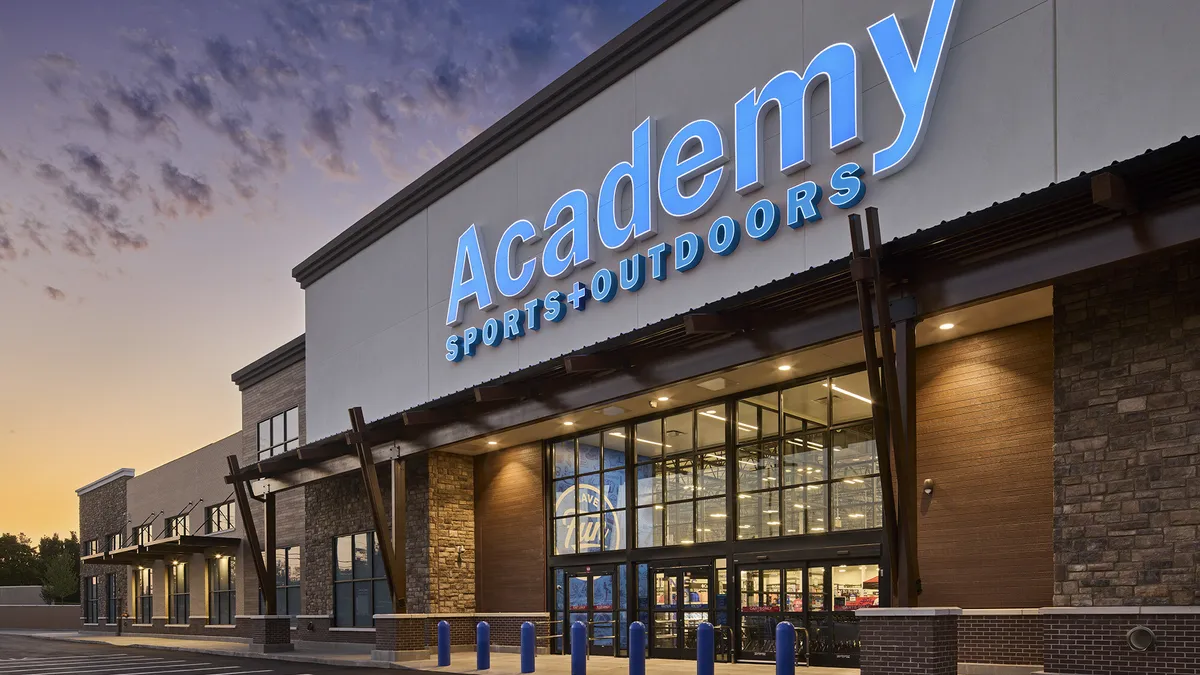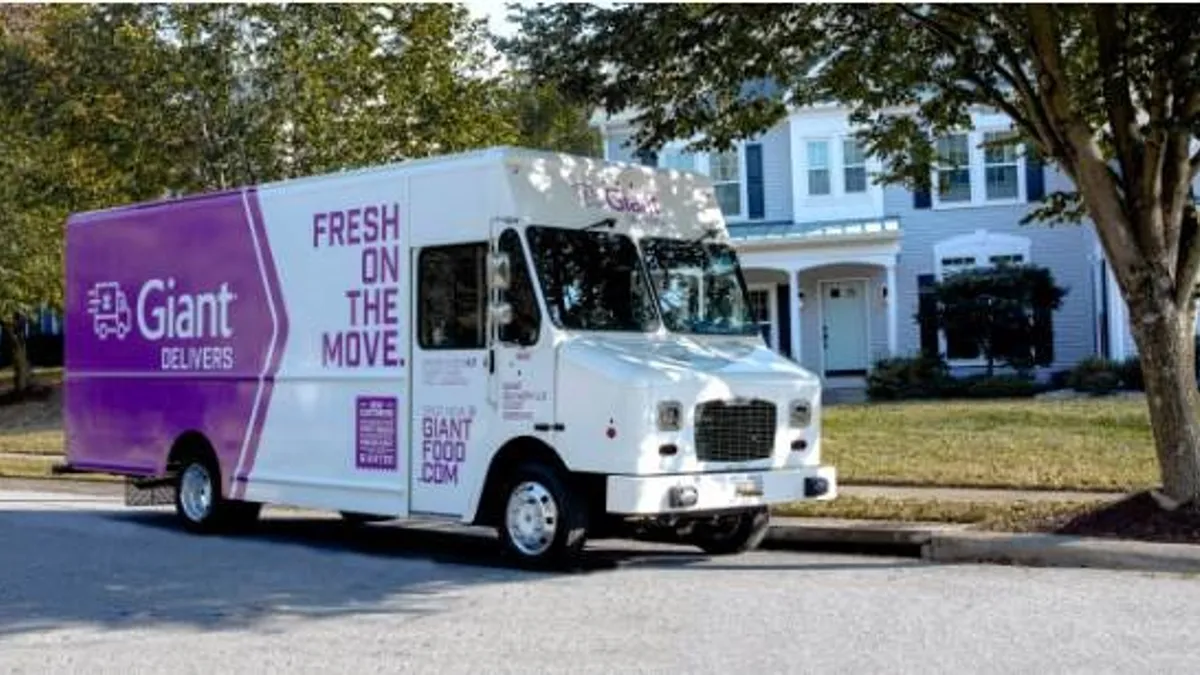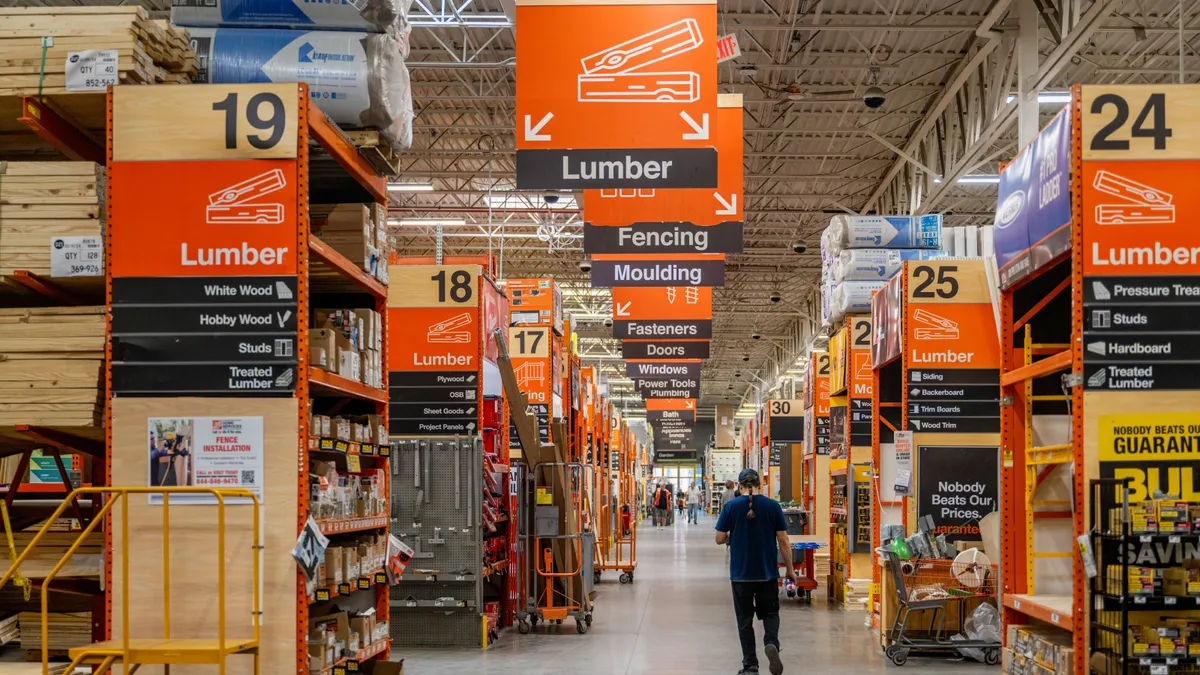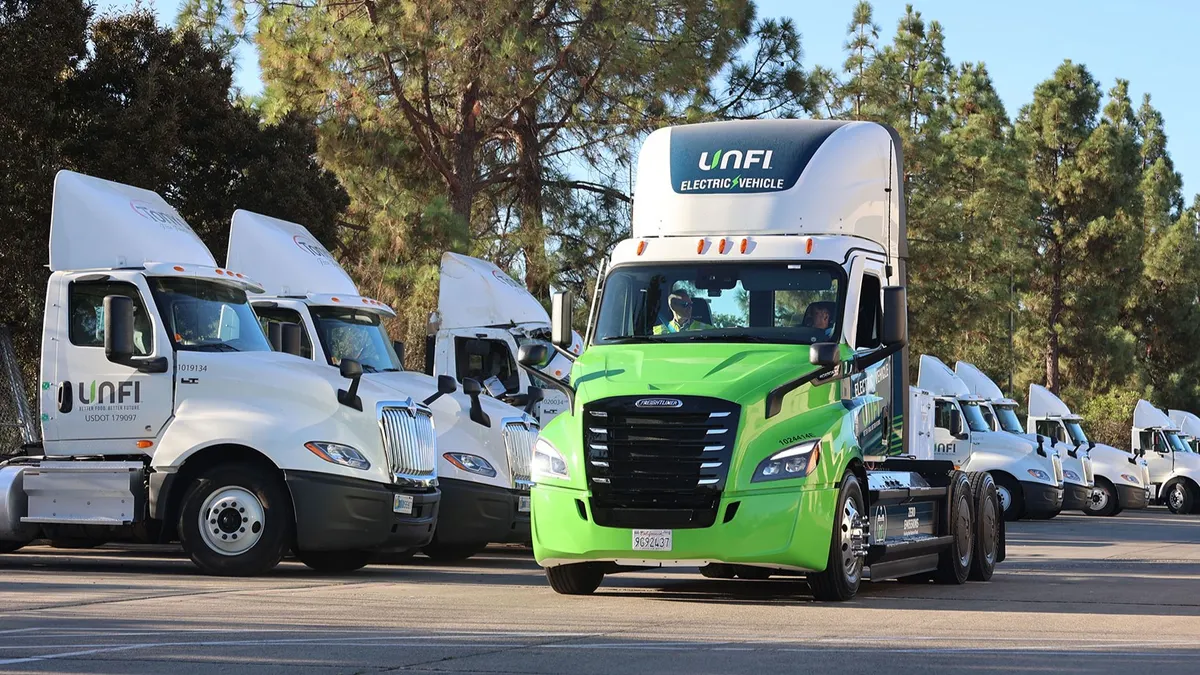When Geoff Coltman, SVP at consultancy Catena Solutions, first learned about Unilever’s decision to spin off its ice cream business, the only thing that surprised him about it was that it didn’t also announce a buyer.
The CPG giant on March 19 announced it would move its ice cream business into its own standalone entity as part of a larger restructuring plan to simplify and focus its operations to drive productivity.
“They know that they need to separate from it in order to focus on their strength,” Coltman said of Unilever and its frozen portfolio.
Unliever has one of the biggest ice cream portfolios in the business, with popular brands including Ben & Jerry's and Magnum. But the company's leadership has emphasized shelf-stable operations, which spans from lotions to mayonnaise.
From manufacturing to transit and point of sale, Unilever’s ice cream business differs from the company’s other operating arms, the company told Supply Chain Dive in an email. Differences include end-to-end temperature control, equipment, storage facilities and modes of transportation. All those costs add up.
“If you get rid of the ice cream business, you've got this portfolio that, basically, you can use any warehouse, you can ship it from any truck, you can use the same processes,” said Patrick Penfield, a supply chain professor at Syracuse University. “It makes life a lot easier from a control standpoint.”
Cutting down on cold costs
Unilever’s restructuring plan aims to remove complexity, increase sales and boost productivity. Axing cold chain operations will help.
A cold-storage warehouse alone can be three to four times more expensive than a regular one because it has to be insulated and a special ammonia is needed for refrigeration, Penfield said.
The cold-storage market has also become extremely competitive over the past couple years, according to Coltman. Many buildings are aging and need repairs or modernization, and it’s costly to construct one from the ground up.
Unilever also can’t maximize resources by sharing them across its portfolio. Most of the top ice cream brands in the U.S. are owned by dairies which comes with significant ingredient synergies. Food companies that have other frozen products are also able to share space.
Further, Unilever can’t have its frozen products sit on the same truck or container as shelf-stable products. Reefers won’t cut it, Penfield said. Frozen food requires freezer trucks or freezer rail cars.
The result is many moving parts.
“It means you have too many different vendors that you're working with to maintain your overall goods,” Coltman said.
For Unilever, the business case wasn’t strong enough. Ice cream, while bringing in revenue of around $8.5 billion last year, generated the least amount of sales out of all the company’s units.
“It’s more costly; it’s not as lucrative. The ice cream business is really busy for five to six months a year. Other than that, it’s not as busy. So then you still have this product that you’ve got to store,” Penfield said. “You can understand from a supply chain standpoint why Unilever would want to spin [ice cream] off into its own entity.”
Optimizing operations is the cherry on top
Ice cream becoming a standalone business will help optimize Unilever’s manufacturing, logistics and distribution network, according to a press release. Already, new leadership is making changes to boost performance, including SKU rationalization.
“As a standalone, more focused business, Ice Cream’s management team will have operational and financial flexibility to grow its business, allocate capital and resources in support of the company’s distinct strategy, including further optimising its manufacturing and logistics network, and developing wide-reaching, flexible, distribution channels over and above the changes that are currently under way in the business,” Unilever said in the release.
But being a part of a big machine has benefits, Penfield said. Economies of scale and negotiating power help ease the burdens of input costs. Losing Unilever as a parent may affect salaries and benefits and, ultimately, recruitment and retention efforts. But, as the standalone ice cream unit grows, it will recover some of what it will lose in the spin, he added.
The standalone ice cream unit is still an attractive business and Unilever will likely end up selling it to the highest bidder, according to Penfield and Coltman. Because cold chain is so unique, Coltman predicted the buyer will end up being a private equity firm.
“In a world where we are trying to remove complexity through automation, to add complexity to your business operations, specifically on the supply chain side, if you don't already have cold chain — it makes more sense for a PE firm to invest in it, and keep it as an investment to grow and optimize and then sell off,” Coltman said.


